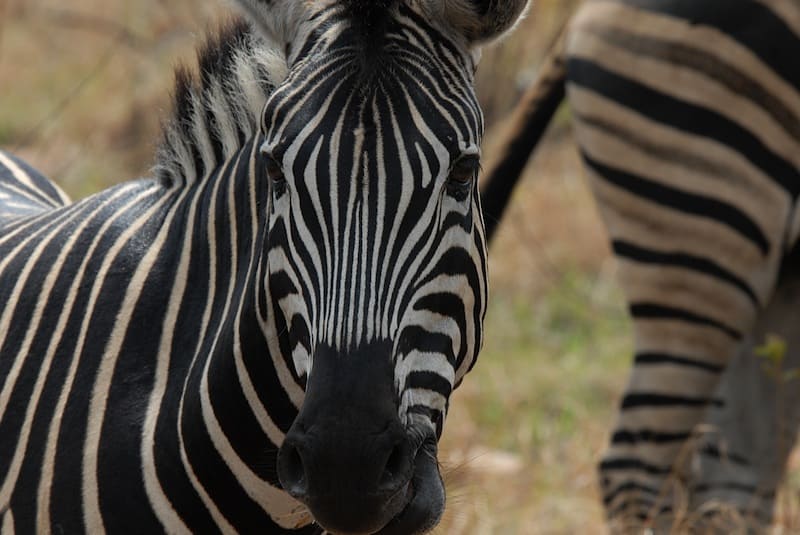In and out of Africa: Six tips for adventurers on safari

The Sound Of The String: An African Bush Country Adventure is a new novel by author, Brad Isham. In conducting research for his book, the internationally published author traveled to Africa on safari. He returned with these tips for adventurers on safari and graciously agreed to write this guest post for the readers of More Time to Travel.
By Brad Isham
Africa will immerse you in its beauty but will also expose adventurers to risks if they don’t take the proper precautions. It only takes a moment for an adventurer to become a victim.
According to the South African Police Service (Department of Police), the Gauteng Province (home to Johannesburg and Pretoria, both major cities and common locations from which safaris begin) reported over 35,000 robberies with aggravating circumstances and over 49,000 common assaults between April 2011 and March 2012.
Getting in and out of the cities safely is the main concern. Once you’re safely inserted into your bush camp, the risks that remain are few: poisonous snakes, dangerous game, marauding bands of baboons, and the occasional poacher.
If you’ve ever considered an African safari, here are six steps to help get you there and back safely:
1- Shed the jewels
You don’t need to impress people. You do need to remember that crimes in South Africa’s cities are largely “contact crimes,” which include muggings, robberies, and murder. You are a target just by being unfamiliar with your surroundings. Do not advertise your potential reward to people with criminal intent. Don’t bring the bling.
2- Do the proper homework
Get plenty of references and do not commit unless you are completely convinced that your guide is a proper professional. Be active in your adventure, investigate all references personally and do not rely on website endorsements. If you are traveling from the States, take the time to call other references stateside. List your questions in advance and be friendly but direct when calling for a reference.
3- Dress down
Give the impression you fit in. A pair of khakis and a polo shirt or cotton casual shirt is better than dress clothes. Bring a light fleece jacket for the plane and to wear on chilly evenings. A baseball cap and casual clothes may be better than looking like a well-dressed person who may have a wallet full of high balance credit cards.
4- Do not wear camouflage
Too many Americans are in the habit of wearing camouflage clothing as normal attire. This is a sure sign that you are on a hunting safari and will most assuredly gain the kind of attention you don’t want. Wearing camouflage and carrying gear cases will alert anyone with criminal intent that your luggage is valuable and you will find that you have many more offers from luggage porters than the person who is carrying two reasonably sized bags by himself. Criminals know that sportsman carry, guns, bows, fly rods, and various electronics that all have great value and are easily sold on the black market. Again, khakis and a casual shirt along with a backpack and duffle bag may be a better choice.
5- Bring a large duffle and a backpack
Wherever you visit, your clothes will most likely be laundered daily. Bring only what you need, get a list from your safari guide and stick to it. Consolidate what you need into a large duffle bag to check as baggage. Bring a backpack to carry on the plane containing your camera, laptop, phone, sunglasses, a light jacket, and a cap. You will find a small back-pack invaluable once in South Africa for carrying water, a small safety kit, medicines, emergency food, etc., especially if you travel into the bushveld on safari.
6- Be polite, manners matter, but be on guard
Politeness should be the rule everywhere you travel. Remember, you are a direct representation of Americans and first impressions are lasting ones. Ma’am and Sir should be used prolifically; everyone deserves to be treated politely including your hosts, their employees, and the strangers you meet. But don’t confuse being polite with being too friendly or trusting. Become familiar with the phrases: “No, thank you.” “No, but thank you for offering.” and “No, thank you, I can manage.” Being direct but polite will often explain your position—without inducing the debate that using “no” alone often brings because the receiver only hears the negative.
About the Author:
Brad Isham finds a great sense of balance and fulfillment through writing. He and his wife enthusiastically share in the adventures of travel and the outdoors. He enjoys the quiet simplicity of his longbow, uniting the archaic implements of the past with the present moment. He is a member of the Mason Dixon Outdoor Writers Association and writes for several magazines in the US and Africa. The Sound Of The String was awarded a National Association of Book Entrepreneurs (NABE) Pinnacle Award for Best Adventure Novel 2012.
The Sound of the String, An African Bush Country Adventure captures the setting and appeals to the senses. It summons the sights, sounds, smells, tastes, and touch of Africa. It brings its readers into the bushveld and leaves them immersed. The book presents Africa truthfully, in its beauty and its tragedies and offers insight into the lives of the people in a remote African bush camp, of those who endure life in the cities, and the challenges faced by both.








I’ve done three safaris in Africa – in Namibia, Botswana and Tanzania. In those countries I certainly followed the common sense ideas put forward by the author. And fortunately other than flying into Jo’burg I never had to think about the safety of getting out of the city. And when I travel I always put any jewelry away and wear older clothes.
I love the cover of the book.
Thanks for your comment Leigh. Have you been on safari as a woman traveler or as part of a couple?
Irene